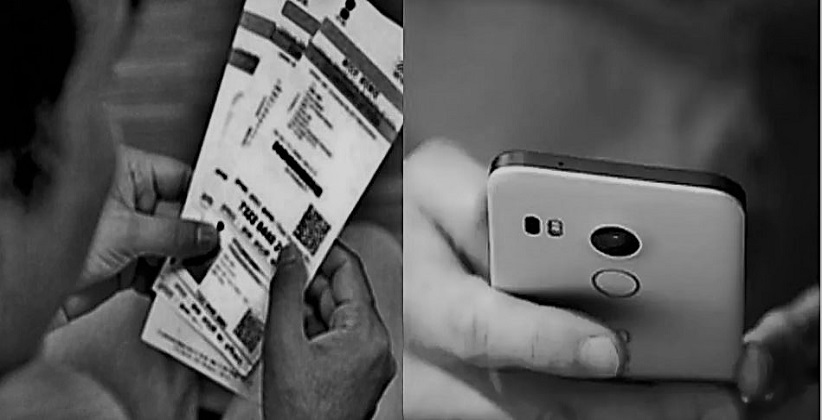The Union Cabinet on December 17, 2018, approved amending the existing laws to comply with the Supreme Court ruling making Aadhaar optional for mobile connection and bank accounts, sources said.
The Cabinet headed by Prime Minister Narendra Modi approved amendments to the Indian Telegraph Act, 1885, and the Prevention of Money Laundering Act (PMLA), 2002, after the Supreme Court in September imposed restrictions on the use of Aadhaar by private companies.
Private entities using Aadhaar as a KYC document will have to ensure safety and privacy of the Aadhaar data, a source said.
As per the sources, the two Acts will be amended to provide for voluntary sharing of the 12-digit identification number for obtaining new mobile phone connections and for the opening of bank accounts.
The changes in both the Acts will be effected through the original Aadhaar Act. A bill in this regard could be moved in the ongoing Winter Session of Parliament.
Under the amendments, an Aadhaar holder can opt for offline verification through QR code and will not require to share actual Aadhaar number. The proposed amendments also provide punishment for the accountable individuals in case they deny any service for want of Aadhaar.
Further, under the amendments, the government has proposed an imprisonment of up to 10 years for attempting to hack Aadhaar data. Currently, the punishment for this offence is 3 years.
Sources further said a child who has been enrolled for Aadhaar through his/her parents will have an option to opt out of the Aadhaar database after attaining the age of 18 years.
The Supreme Court on September 26, 2018, in the case of Justice K.S. Puttaswamy v. Union of India had upheld the constitutional validity of Aadhaar for the distribution of state-sponsored welfare subsidies but ruled that it cannot be made mandatory for opening bank accounts or providing mobile-phone connections.







